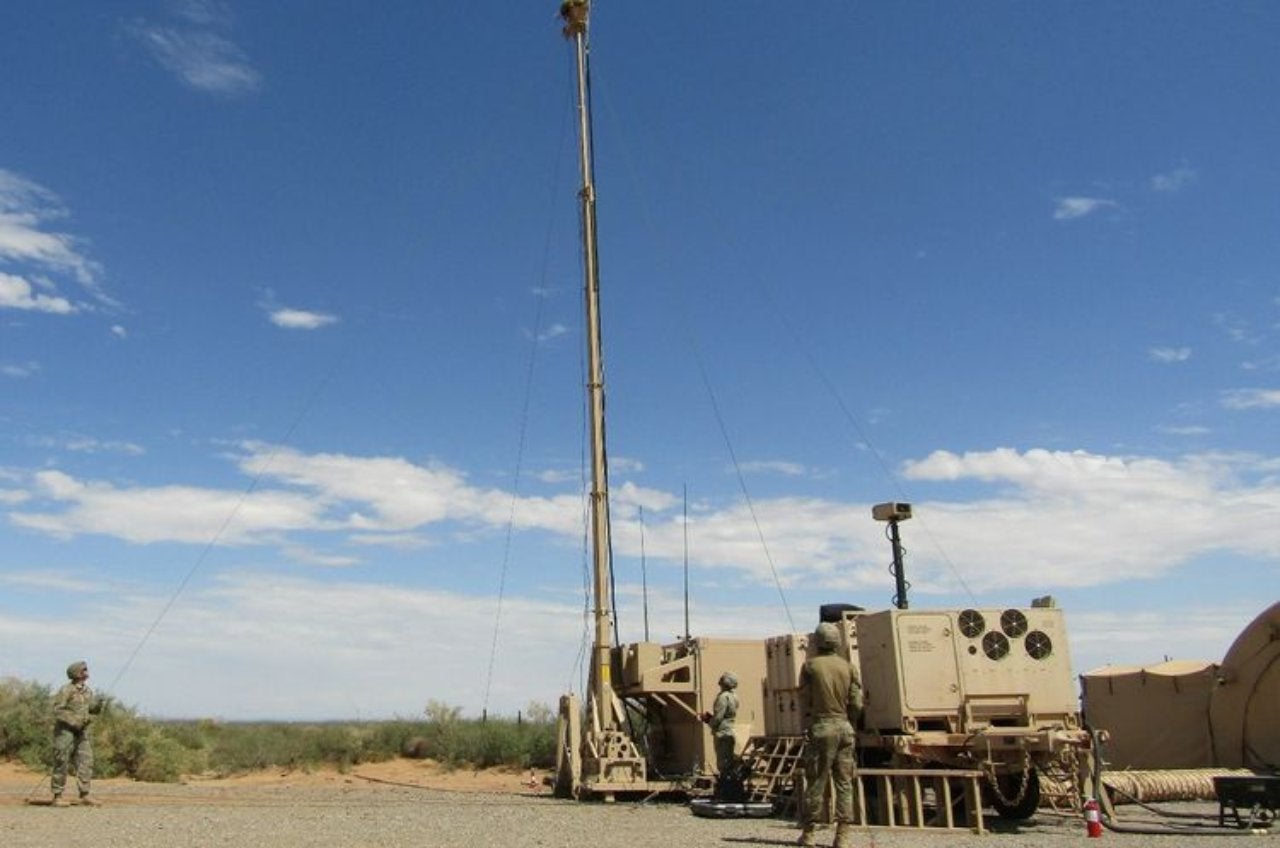
The US Department of Defense (DoD) has approved low rate initial production (LRIP) of the US Army’s new battle command system.
The approval will enable moving the Integrated Air and Missile Defense Battle Command System (IBCS) to production and follows a successful Milestone C decision for the programme.

Discover B2B Marketing That Performs
Combine business intelligence and editorial excellence to reach engaged professionals across 36 leading media platforms.
Jointly developed by the US Army and Northrop Grumman, the IBCS is a software-defined, hardware-enabled system capable of identifying and defeating air and missile threats.
Northrop Grumman combat systems and mission readiness vice-president and general manager Kenn Todorov said: “We are proud to have contributed to this landmark achievement that will help our warfighters better address and defeat evolving threats.
“This milestone is a true testament to the commitment and dedication of all the men and women who have worked tirelessly over many years to deliver a truly revolutionary system.”
IBCS is the centrepiece of the US Army’s strategy to modernise its air and missile defences to combat evolving threats. It uses a net-centric integrated fire control network to acquire, identify and engage air and missile threats.

US Tariffs are shifting - will you react or anticipate?
Don’t let policy changes catch you off guard. Stay proactive with real-time data and expert analysis.
By GlobalDataLast year, the US Army conducted a limited user test of the IBCS. It included two operational flight tests and included evaluating an operational Air and Missile Defense Battalion Task Force.
Army Program Executive Officer, Missiles and Space, Major General Rob Rasch said: “The soldiers of the 3-43 Air Defense Artillery Battalion performed tremendously in training and testing over the last year, and are poised to demonstrate the game-changing capabilities of IBCS next fall during the initial operational test and evaluation.”





